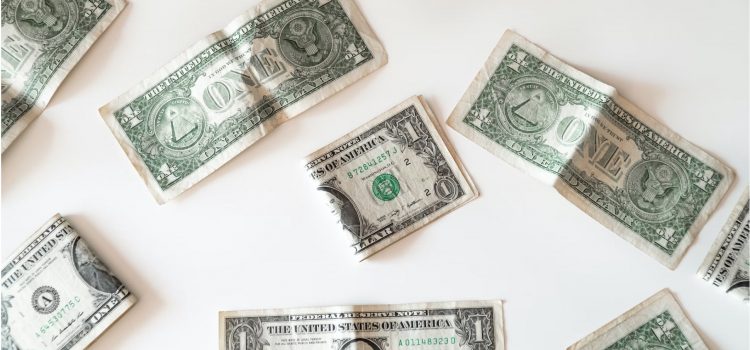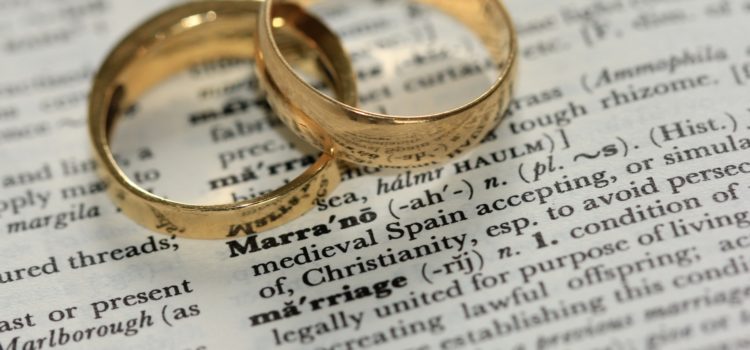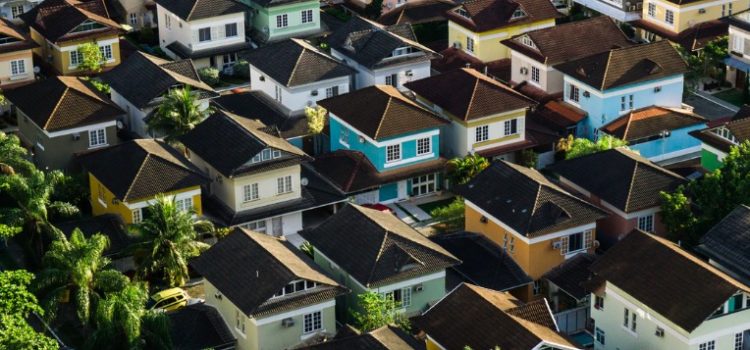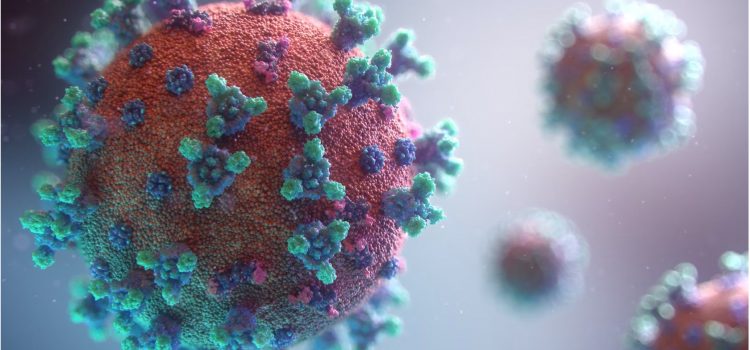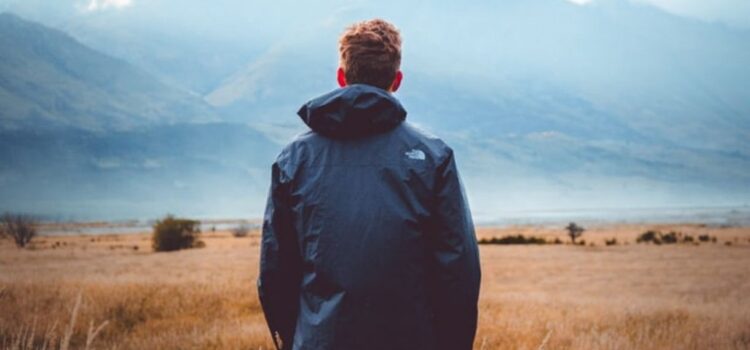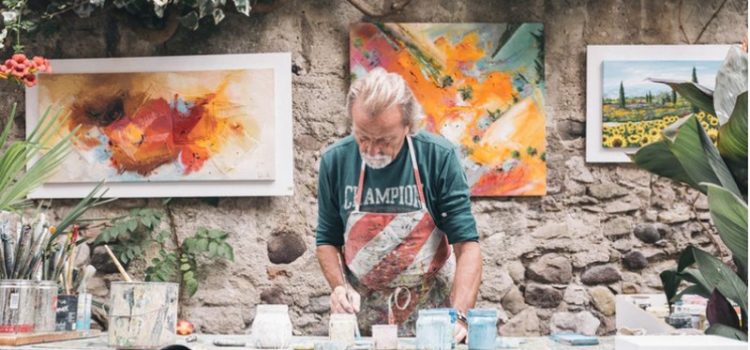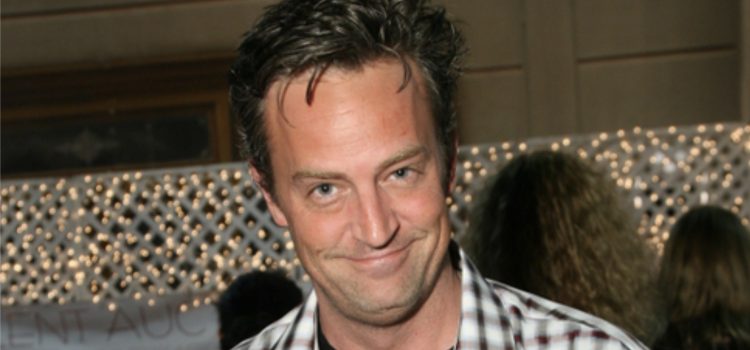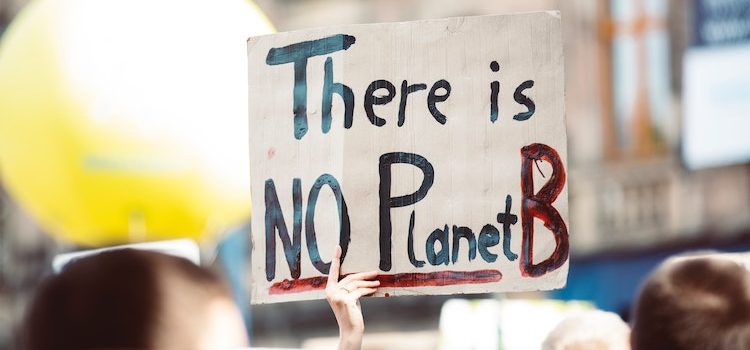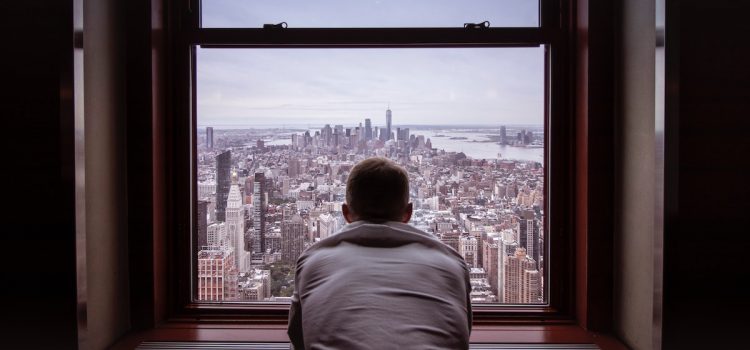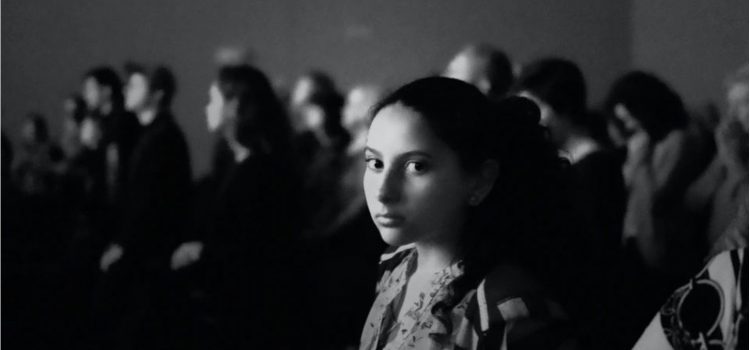What’s behind the huge number of Dollar General stores? Are dollar stores capitalizing on poverty or adding value to society? Dollar stores are the fastest-growing food retailers in the US and are working to become the top dog of one-stop-shopping for America’s poorest citizens. In particular, the number of Dollar General stores is exploding as the retailer opens three new stores a day. Read on to learn what’s behind this massive number of Dollar General stores and why it has some experts concerned.
Why the Huge Number of Dollar General Stores?
